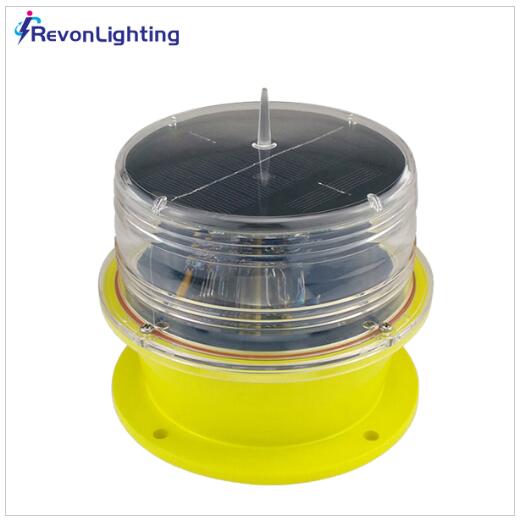Marine Solar Kit: Harnessing the Sun's Power for Maritime Adventures
In the vast and dynamic world of marine activities, from leisurely yachting to commercial shipping, the need for reliable and sustainable power sources is ever - increasing. The marine solar kit has emerged as a revolutionary solution, bringing the sun's energy to the high seas.
Components of a Marine Solar Kit
A typical marine solar kit consists of several key components. First and foremost is the solar panel. These panels are designed to be highly efficient in converting sunlight into electricity even in the often - challenging marine environment. They are made from durable materials, such as corrosion - resistant aluminum frames and tempered glass covers, to withstand saltwater spray, strong winds, and intense sunlight. For example, monocrystalline silicon solar panels are popular in marine kits due to their high energy - conversion efficiency.

The kit also includes a charge controller. This device is crucial as it regulates the flow of electricity from the solar panel to the battery, preventing overcharging and ensuring the battery's longevity. It monitors the battery's state of charge and adjusts the charging rate accordingly.
Another essential component is the battery. Deep - cycle batteries are commonly used in marine solar kits. They are designed to be discharged and recharged repeatedly, making them suitable for the variable power demands on a boat. These batteries store the electricity generated by the solar panel during the day for use at night or when the sun is not shining.
| marine solar kit |
| marine solar kits |
Advantages of Marine Solar Kits
Energy Independence
One of the most significant advantages of a marine solar kit is the ability to achieve energy independence. Instead of relying on fossil - fuel - powered generators or shore - side electrical connections, boat owners can generate their own electricity. This is especially beneficial for long - distance voyages or when anchored in remote areas. For instance, a sailor on a solo round - the - world trip can use a marine solar kit to power essential equipment like navigation lights, communication devices, and even small appliances, without the need to refuel a generator.
Cost - Savings
In the long run, marine solar kits can lead to substantial cost - savings. While the initial investment in a kit may seem significant, it eliminates the need for costly fuel purchases for generators. Additionally, with fewer mechanical parts compared to generators, the maintenance costs are relatively low. Over time, the savings in fuel and maintenance can easily offset the upfront cost of the solar kit.
Environmental Friendliness
Marine solar kits are an environmentally friendly option. They produce no emissions, reducing the carbon footprint of boats. This is important for preserving the marine ecosystem, which is already under threat from pollution. By using solar power, boaters can contribute to a cleaner and more sustainable marine environment.
Applications in Marine Activities
Recreational Boating
In recreational boating, marine solar kits are becoming increasingly popular. They can power a variety of onboard devices, from fish finders and depth sounders to cabin lights and fans. For example, a family on a weekend boating trip can use a solar - powered fan to keep the cabin cool during the day and rely on solar - charged lights for illumination at night.
Commercial Shipping
Even in the commercial shipping industry, marine solar kits are finding their applications. They can be used to power small auxiliary systems on large ships, such as monitoring equipment and emergency lighting. This not only reduces the ship's overall energy consumption but also provides an additional layer of power redundancy in case of main - system failures.
Installation and Maintenance
Installing a marine solar kit is relatively straightforward, although it requires some basic knowledge of electrical systems. The solar panels are usually mounted on the boat's deck or roof, in a location with maximum sun exposure. Regular maintenance mainly involves cleaning the solar panels to remove salt deposits and debris, checking the charge controller settings, and monitoring the battery's health.
In conclusion, the marine solar kit is a game - changer in the marine energy landscape. Its combination of energy independence, cost - savings, and environmental benefits makes it an attractive option for a wide range of marine activities. As solar technology continues to advance, we can expect marine solar kits to become even more efficient and accessible, further enhancing the sustainability and convenience of life on the water.
